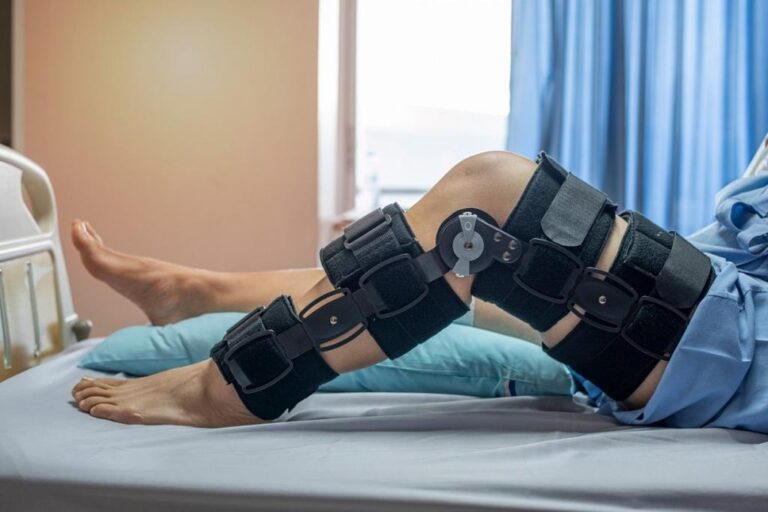Shoulder dislocation is the most common type of joint dislocation. More than 50% of all joint dislocations are in the shoulder. Shoulder dislocations are common because of the flexibility of the shoulder joint. This flexibility also helps us move and rotate our shoulders freely.
If you’ve ever had your shoulder dislocated, you’re more likely to have it happen again. And if you’re young or you’ve torn your rotator cuff, another common injury, you’re more likely to experience a shoulder dislocation.
Whether you’ve had a dislocated shoulder before, or it’s your first time, the most important thing to know is not to try to pop it back into the socket. You could make things worse and more painful. Instead, make an appointment at Texas Orthopaedic Associates at one of our five conveniently located clinics throughout the Dallas-Fort Worth area.
What is a shoulder dislocation, and how does it happen?
Your shoulder is made up of three bones, your collarbone, your shoulder blade, and your upper arm bone. The upper arm bone is round and fits into a socket in your shoulder blade. A shoulder dislocation, when your upper arm bone pops out of the socket, usually happens from a collision, fall, or other traumatic injury during a sporting event or activity.
Shoulder dislocations can happen to anyone who falls. Symptoms include severe shoulder pain, swelling, and trouble moving your arm. In addition to pain and mobility issues, your arm and shoulder may look awkward and distorted.
Why you need to let a doctor relocate your shoulder
While you may have seen action heroes in movies pop their shoulder back into the socket on their own, or doctors in medical shows simply adjust your shoulder back into place, you could damage the surrounding tissues if you try it in real life. Better to wait until you come in to see us, but schedule an appointment right away.
Until you can see one of our orthopedic doctors, try your best not to move it. Use a sling or splint to keep it in place. Ice can help with the pain and swelling.
Shoulder dislocation treatments
Your treatment options will depend on the damage to your shoulder and the surrounding tendons, nerves, ligaments, and bones. Your treatment may be as simple as the doctor adjusting your shoulder to pop it back into place, which is called closed reduction. Or, in the case of a labral tear, you may need surgery to achieve full recovery.
The goal of the treatment is to relieve pain, reduce inflammation, and return your shoulder to its normal state of mobility and flexibility. Rest and rehabilitation will be part of most treatment plans.
If you have a dislocated shoulder, make an appointment with us at Texas Orthopaedic Associates at one of our five offices in Dallas, Fort Worth, and Plano, Texas. You can also request an appointment online through this website.













